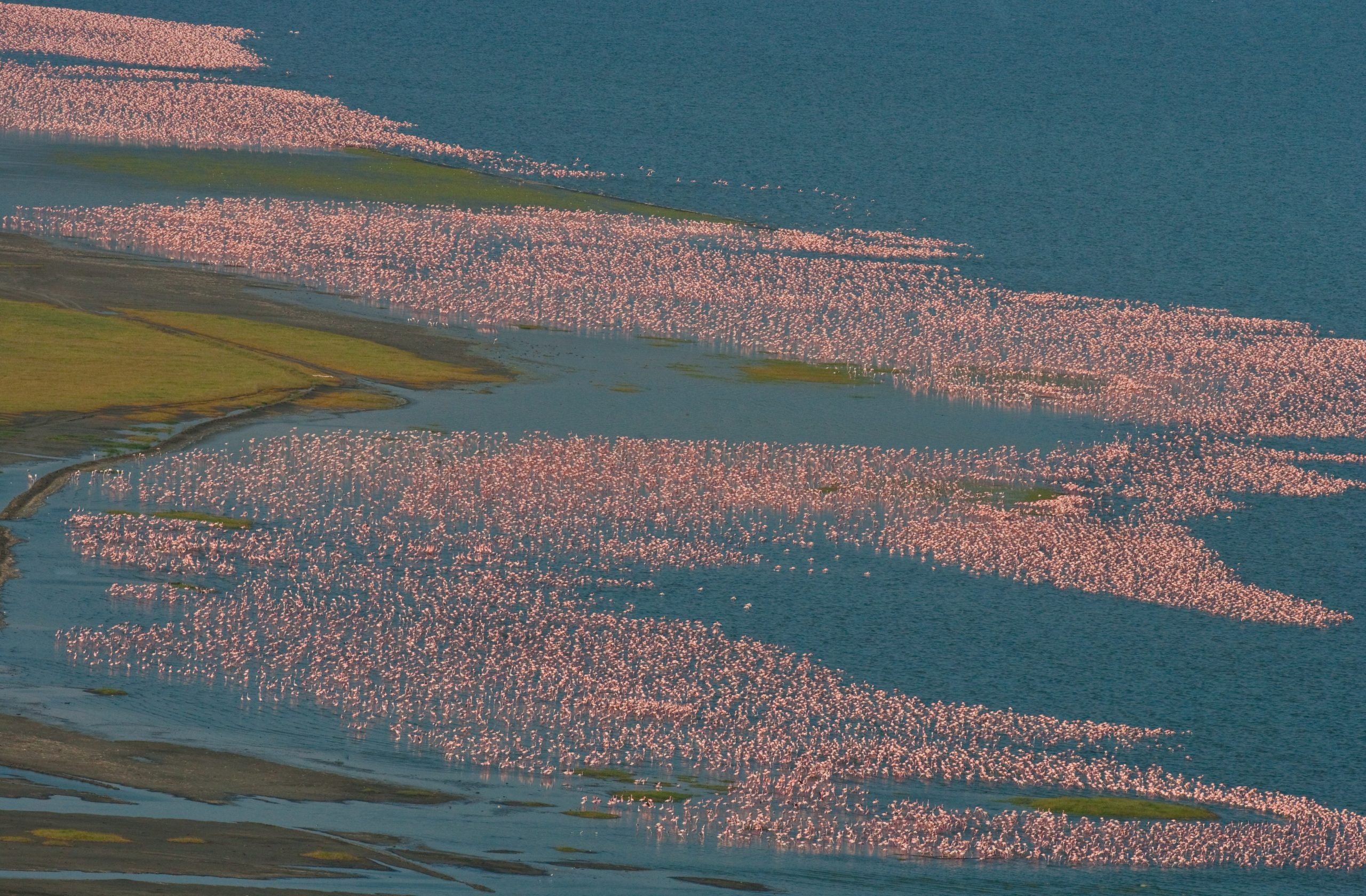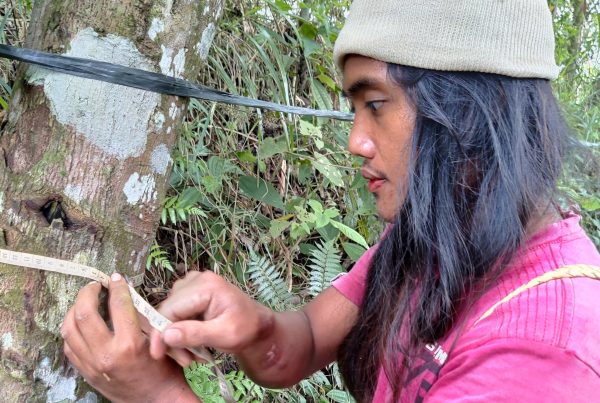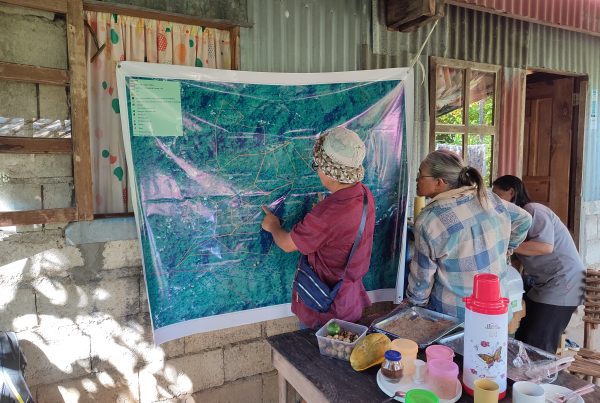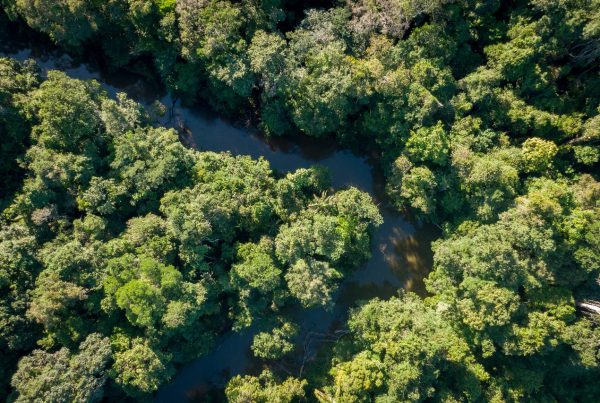The Endorois community live around the shores of Lake Bogoria and other parts of Baringo County, and in Nakuru and Laikipia counties within the Rift Valley of Kenya. We regard Mochongoi Forest and Lake Bogoria as sacred grounds and use them for key cultural and religious ceremonies.
The community have been evicted several times from their ancestral home, and their 1973 eviction culminated in the gazetting of Lake Bogoria as a national reserve. The community filed a claim with the African Commission on Human and Peoples’ Rights and succeeded against the Government of Kenya when orders for restitution and compensation were made in 2010.
The community boasts of many natural resources, including medicinal trees and aloe vera; and an alkaline lake, Lake Bogoria, which hosts hot springs, flamingos, and algae that are extremely valuable for local, domestic and commercial use. The lake is also a source of tourism revenue and is managed under the Lake Bogoria Management Plan which provides for joint management of this important resource by the community and the Baringo County Government.
Having lost valuable resources in the past, the Endorois learnt to organise themselves as a community to be able to determine matters of access and benefit-sharing relating to their resources, over and above the mechanisms that have been put in place by the national government. The community developed their own protocol with a view to articulating community-determined values, procedures and priorities under customary, state and international law as the basis for engaging with external actors such as governments, academia and other parties. The three-year process of development of the protocol, data collection and drafting took a lot of back and forth, with the community being in charge of the content and Natural Justice, a non-profit organisation, providing technical advice.
The protocol goes beyond defining who we are, our culture, ways of life, food, social organisation, and relations with our resources. It anticipates processes that the community needs to engage in to ensure protection and conservation of our resources such that impact assessment processes, the government policy, planning, decision making, budgeting, resource allocation, monitoring and compliance processes take into account the community’s needs. Awareness creation, the modes of resource mobilisation and dispute resolution were also addressed. The protocol is also a schedule to the Lake Bogoria Management Plan, giving it legal force as part of the wider management strategy for the community resources and the lake.
The protocol outlines the community’s specific challenges, threats and opportunities with specific calls to both the county and national governments to act. The community’s expectations include: due recognition of the community; acknowledgment of the community role in protection and conservation of biological resources; improved community cohesion; more inclusive decision making; more appreciation and awareness of what the community owns; and equitable benefit-sharing with the community.
Flamingoes on Lake Bogoria. Credit: Gudkov Andrey
Author
- Cicilia Githaiga, Programme Manager Traditional Knowledge and Benefit Sharing and Conservation and Customary Use Programmes at Natural Justice
- Eric K. Kimalit, Chair of the Board of the Endorois Welfare Council
Ecosystems
- Savannah
Topics
- Land Rights and Tenure
- Governance
Type
- Short-form
Date
- This case study forms part of LBO-2, originally released in 2020.



